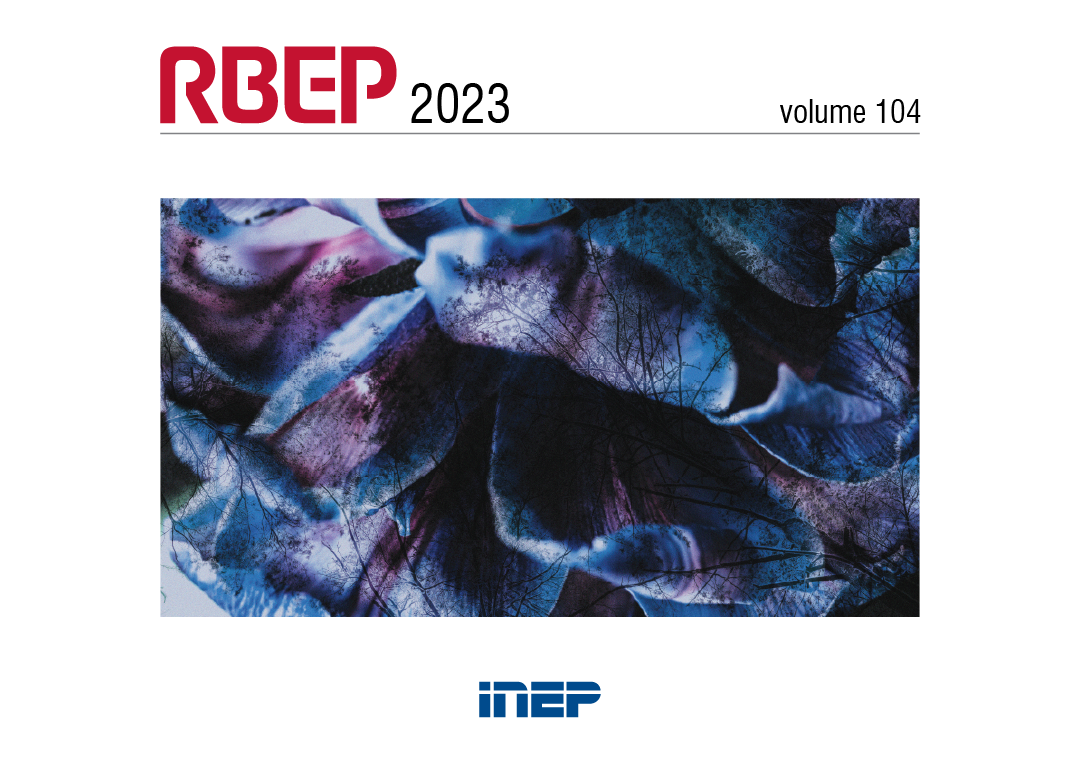Pedagogical logic and reflexive thinking based on John Dewey and Paulo Freire: same epistemology, different ethical and political perspectives
Abstract
The text describes viable interlocutions between John Dewey’s and Paulo Freire’s pedagogies through an epistemological approach presented by both thinkers. Curiosity is the initial impulse to knowledge for both authors, producing outcomes to reflexive thought and pedagogical logic. The epistemic intersection between objective reality and the subjects of knowledge, accompanied by the critique of traditionalist education, are basic in John Dewey and Paulo Freire’s thinking. In the sections titled Thought and reflection in John Dewey and Epistemological curiosity in Paulo Freire, we present the main arguments related to Deweyan and Freirian epistemologies in order to conclude that they are inside a sufficiently related anthropological bias, but differ in political and pedagogical perspectives.
Downloads
Copyright (c) 2023 Brazilian Journal of Pedagogical Studies

This work is licensed under a Creative Commons Attribution 4.0 International License.
Once their work is accepted for publication, author’s copyrights are automatically relinquished to the National Institute for Educational Studies and Research Anísio Teixeira (Inep).
Since 2016, the journal Revista Brasileira de Estudos Pedagógicos (RBEP) uses the licence CC-BY.
Partial or total reproduction of the content of this Journal is permitted provided that the original publication is properly referenced, as well as a link to license CC BY 4.0 and to indicate any possible alterations made to the article.




















